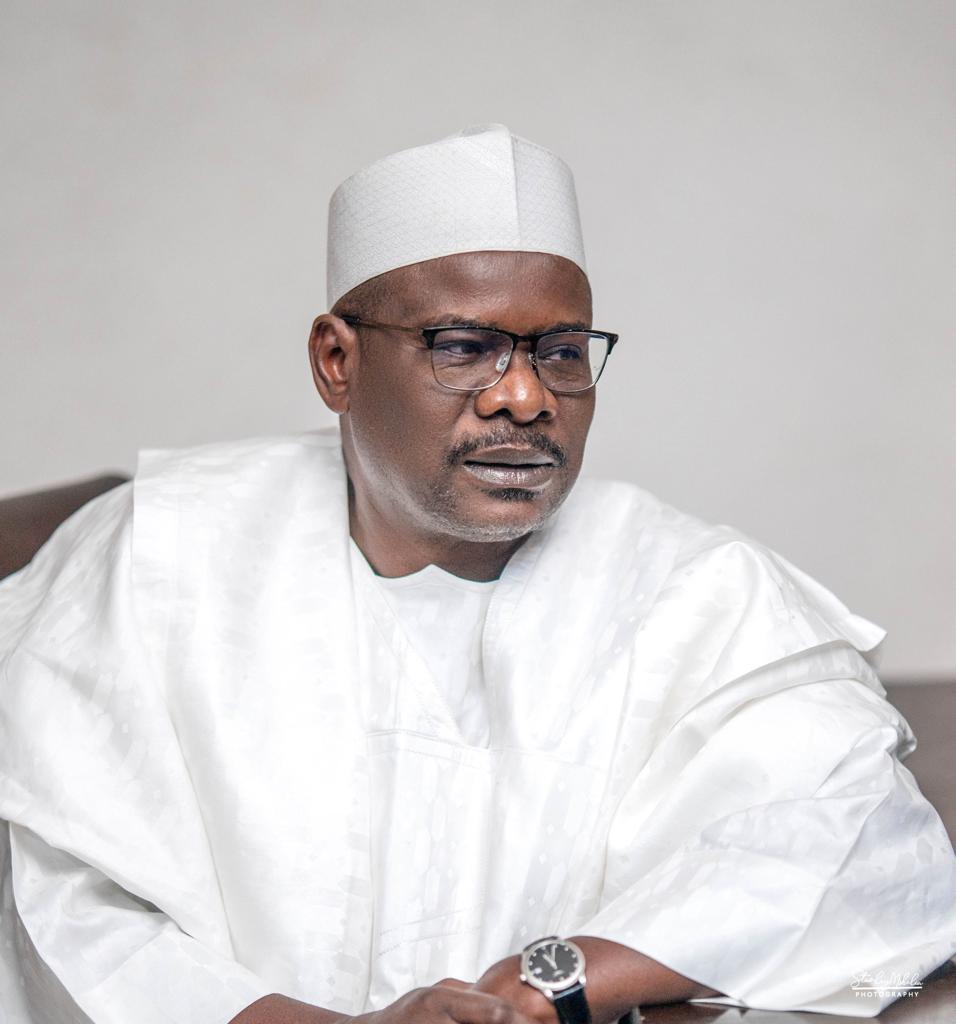Senator Ali Ndume, who represents Borno South in the National Assembly, has spoken out against mounting calls for the removal of Nigeria’s service chiefs, asserting that such a move would not address the root causes of the country’s security crisis.
In a statement issued on Thursday, the senior lawmaker and member of the ruling All Progressives Congress (APC) criticised individuals and groups demanding the dismissal of military leaders, suggesting that they are driven by ulterior motives rather than genuine concern for national security.
“People calling for the removal of the current service chiefs have hidden agendas and are not acting in the best interest of this government or the Nigerian people,” Ndume stated.
The senator, who chairs the Senate Committee on Army, argued that replacing military leadership without addressing deeper structural and logistical issues would only amount to a temporary fix. He reiterated that the fight against terrorism, banditry, and insurgency requires a more strategic and sustainable approach.
Ndume proposed what he described as a “TEAM approach” — an acronym for Training, Equipment, Ammunition, and Motivation — as the best way forward to empower security agencies in their operations across the country.
“This combination would go a long way to counter terrorism, banditry, and insurgency,” he said, adding that soldiers and other security operatives need more than just leadership changes to succeed in their duties.
According to him, the welfare of troops is often overlooked, despite being critical to boosting morale and operational efficiency. He called on the federal government to invest in modern weaponry, provide continuous training, and offer adequate compensation to those on the frontlines.
READ ALSO: Ndume criticises Tinubu, reflects on El-Rufai rift, threatens to leave APC
“Without proper motivation and the tools to do their jobs, even the best-trained soldiers cannot succeed,” Ndume added.
His remarks come amid increasing insecurity across several regions in Nigeria, with violent attacks, kidnappings, and insurgent activities continuing to pose serious challenges. Public frustration has led to renewed scrutiny of the nation’s military strategy and leadership, with some stakeholders urging President Bola Tinubu to shake up the top brass.
However, Ndume cautioned against what he described as “reactionary measures,” emphasising that true progress lies in a consistent and well-supported national security framework.
As the debate over military leadership continues, Ndume’s comments add a new dimension to the conversation — one that shifts the focus from personnel changes to institutional capacity and strategic investment in national defence.



